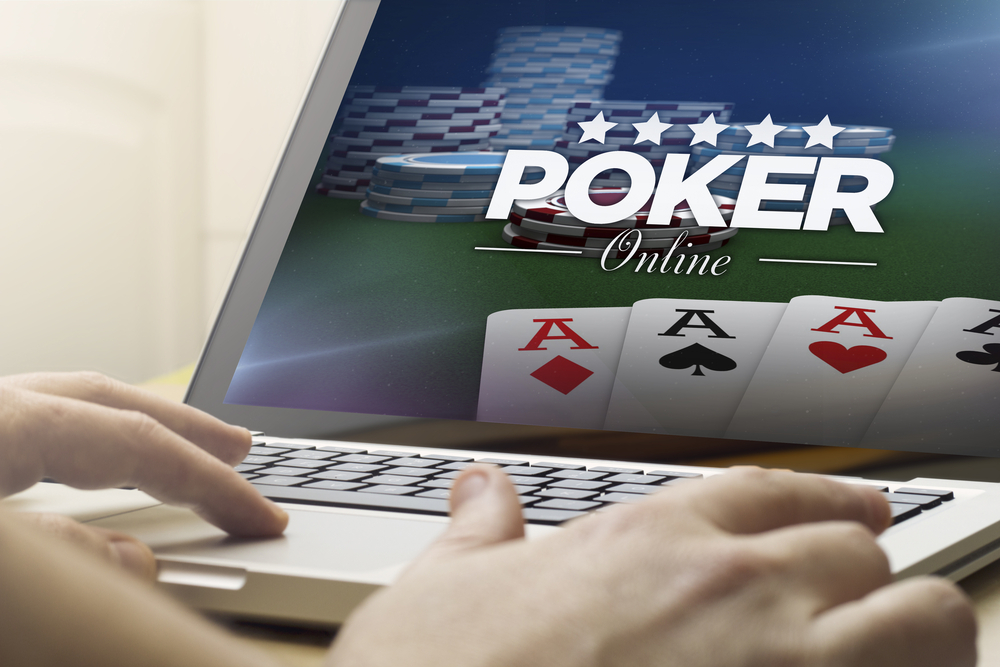Need some tips to sharpen up your poker game? Newbie looking for help getting started? Read on as we talk poker-bots and adaptation, bluffing, aggressive and passive play, and the ever versatile check-raise. 
Robots Playing Poker
For decades scientists have been trying to create a perfect poker-playing robot– just as Deep Blue bested Garry Kasparov, and AlphaGo was more recently victorious, so has interest turned to poker, not least because of the potential fortune to be made online if it works! An article from 2015 details a poker writer’s musings about the poker-robot Cepheus, and the way he beat it is a crucial strategic tip: Cepheus couldn’t adapt. Poker is played against other people, and to be most successful one must find and exploit the weaknesses of the other players – one has to be able to adapt.
Adapt
If you are playing with a very aggressive player, who relentlessly bets and forces your bluffs, and you have noticed them doing this, how do you respond? Well, you naturally change your style, and become more passive – keep back a good hand, and let them bluff into it. And if the other player is too passive and reluctant to bet in on hands? Then you go on the offensive, and bluff weaker hands, forcing their folds. Strategy is all about finding weaknesses, and preying on them. But it isn’t just one-dimensional offensive or passive play – the check-raise is a perfect example of an intelligent offensive move. The key is to keep your cool. Think about how you want the other players to play, and think about what they want you to do – once you have got into their heads, you can start to play tricks with them, you can adapt to their strategies, your bluffs will be stronger for it, and so will your calls.